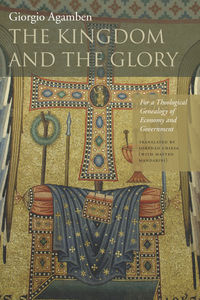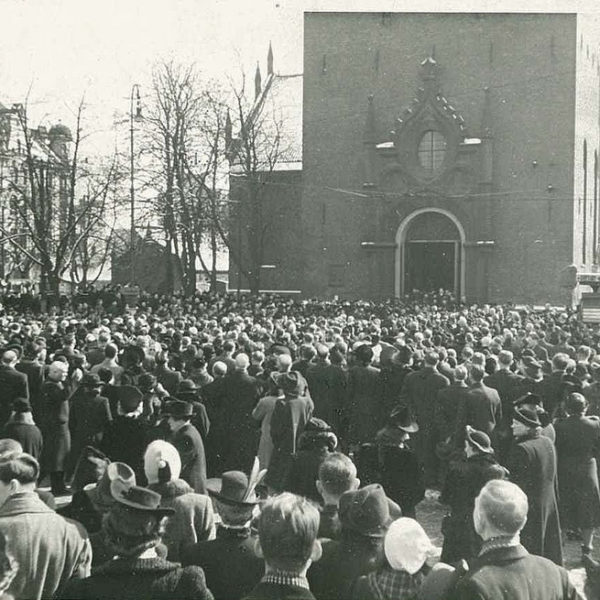
…My list focuses on the other conversation, religious voices or theologians, whether practical or professional, immersed in the concrete or engaged in theorizing. My aim is to suggest the kind of reconciling work that Vincent calls for between theology and critical humanities. Such a move makes profound sense to me—emerging as it does out of the tensions within my own biography.

If an academic field is defined in part by its canon, wide divergence on canon would suggest that what appears to be a field might not really be one. In the case of political theology, there seems to be this sort of incoherence: an anthropologist writing an article about political theology may never have heard of Dorothee Sölle, while a seminary professor writing an article about political theology might never have heard of Claude Lefort.
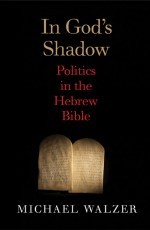
[The the first of three posts this week on Michael Walzer’s “In God’s Shadow: Politics in the Hebrew Bible.”] Michael Walzer occupies a distinctive place in political interpretation. He is a distinguished political scientist who continues to have a significant investment in the Hebrew Bible. His writing thus permits a convergence of the agility of his Jewish perspective on the Bible and his engagement with contemporary questions of power. He has authored an important book on the Exodus narrative and the continuing influence of that narrative upon revolutionary thought and action. His paper, “The Prophets as Social Critics,” moreover, recognized the prophets of ancient Israel as serious social critics and analysts who exposited Israel’s “core values” of justice and righteousness and who were alert to oppressions that impeded social solidarity…
Over the summer posts on this blog have discussed Giorgio Agamben’s The Kingdom and the Glory. Longer versions of some of these posts will be featured in an upcoming issue of the print version of Political Theology.
Here are links to each of the online contributions to the symposium: […]
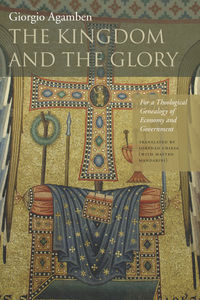
It is perhaps inevitable that the claims of a thinker such as Agamben should be profoundly annoying to those firmly rooted in a hardcore “historical materialist” perspective. Despite the fact that Marx himself was consistently fascinated with religious and theological matters insofar as they reflected the material arrangements of society, his followers, disregarding his own admonitions on dogmatism, have too often succumbed to a reflexive disdain for any analysis redolent of ‘spirit.’ And if Agamben’s claims are arguably exaggerated, then the same could also be said of the claims of his more vehement detractors. […]
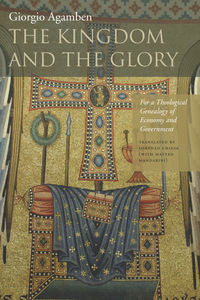
Hollywood and academia may not often be thought of in one breath, but they do share some things, not the least being a hyperventilating and parochial culture of celebrity. Having been in this business now for a few of these cycles, I’ve seen ‘em come and I’ve seen ‘em go. Which figures are selected to be smiled upon by the fame machine seems almost random, a matter of tuche, the semi-theological bad luck of those who are selected, by a blind fate, or an erratic Greek deity. The perduring and valuable work of genuine scholars mounts in height and depth gradually over decades, chiseled out of serious matter, and their import is often recognized only in retrospect, late in a career or after the author is dead. Others—the academic version of one hit wonders—flash up in an instant, are talked about—though not as often talked to, and still less often carefully read—for a frenzied spasm of a few years, then are dropped like an empty foil bag of chips, left to blow heedlessly among the trees in the groves of academe, or to wander the halls of academic conferences, for decades to come.
I’m afraid, but I’m quite sure, that the work of Agamben falls into the celebrity category. […]

